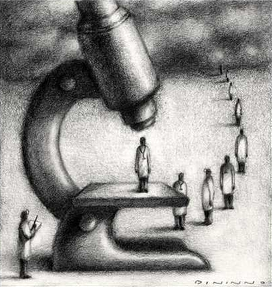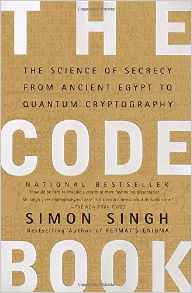Disclaimer: I like beer. I read about beer. I make my own beer. I even go to a Benedictine Abbey once a month to brew beer with monks.
Chris shared Ryan Funduk's post describing the tech community's enthusiasm for alcohol that implicitly, and sometimes explicitly, excludes non-drinkers. Ryan makes a keen insight that deserves wider consideration - that the alcohol "fun gamut" attracts brogrammers.
Obviously, "brogrammers" aren't the only ones in our community who enjoy alcohol. Ryan correctly points out that drinking is widespread, yet "brogrammers" are, thankfully, a small though obnoxious minority. So we can ask bigger questions - What is it about alcohol that we like? What does it do to us? Then finally, how should we incorporate it into community events?
What is it about CH3CH2OH that we like?
 Alcohol directly affects the prefrontal cortex responsible for judgement and inhibition by prolonging the opening of chloride ion channels which floods post-synaptic cells with chloride ions so the cells cannot as readily respond to stimuli. Alcohol also inhibits dopamine breakdown which extends our dopamine system's pleasure sensations. Alcohol acts as a sedative on our entire central nervous system.[1]
Alcohol directly affects the prefrontal cortex responsible for judgement and inhibition by prolonging the opening of chloride ion channels which floods post-synaptic cells with chloride ions so the cells cannot as readily respond to stimuli. Alcohol also inhibits dopamine breakdown which extends our dopamine system's pleasure sensations. Alcohol acts as a sedative on our entire central nervous system.[1]
Our brains need some R&R - All of this can be especially relaxing for people (like developers?) who are constantly exercising their central nervous system; the prefrontal cortex is particularly believed to work on complex cognitive behavior like solving abstract problems. No wonder we like to give it a rest!
Alcohol is an identity microscope
 As we relax our prefrontal cortex, we also lose inhibitions and judgement.
As we relax our prefrontal cortex, we also lose inhibitions and judgement.
A couple years ago I discussed this from a Christian perspective with my theology professors (over a couple pints of beer, of course!). Drinking alcohol ranges from religiously required (as in my Catholic tradition!) to socially taboo (in some mainline Evangelical traditions) to religiously forbidden (in Mormon and some fundamentalist traditions) among Christian worldviews. So, we covered lots of angles. I left with an opinion that as alcohol lowers our inhibitions, we can somewhat discover how much of our faith is just inhibitory religious codes, and how much we are actually allowing our "true selves" (as Thomas Merton calls it) to be transformed to the life of Jesus.
It's not just a religious thing. We all know "sloppy drunks", "mean drunks", "emotional drunks", "tired drunks", etc. But alcohol doesn't make us mean or angry or sexist or emotional - alcohol removes other inhibitions we pile on top of those parts of ourselves. So here's the point - if I make a sexist comment while intoxicated, I'm sexist. (For whatever definition of 'sexist' we use.) If I'm sexist, that's something I need to change, regardless of alcohol consumption.
We need to improve as a community in lots of ways, with or without alcohol.
Can we put alcohol on the same level as caffeine?
Since I'm only making my rough observations and opinions, I don't have any specific suggestions for how we should handle alcohol at tech community events. Ryan makes some good ones in his post, there's a decent little discussion going on in Mozilla's engagement-developers list, and Rob gives some good general advice.
I very much agree with Ryan and Rob. I'd like to see alcohol as one entertainment among many at technology events. It can be an aspect of any event, but shouldn't ever be the main aspect of any event. I personally will always go check out the craft and local beers available at any event. (I make a habit to try to visit a brewery and a cathedral anytime I travel.)
But what I really want at these events, and what happens the vast majority of the time, even the "party" events, is to mingle with others who are passionate about technology - no matter what drink they're holding.






